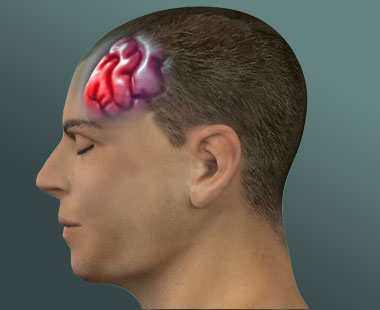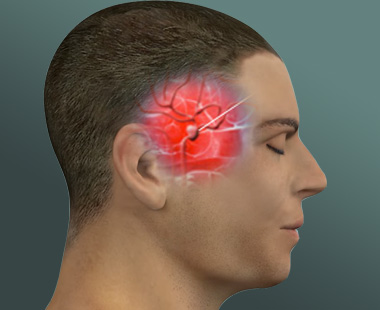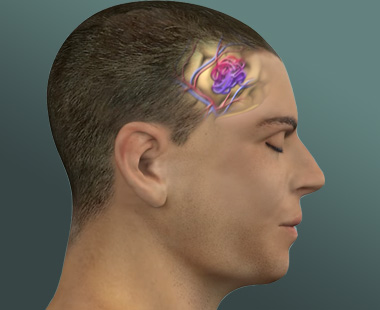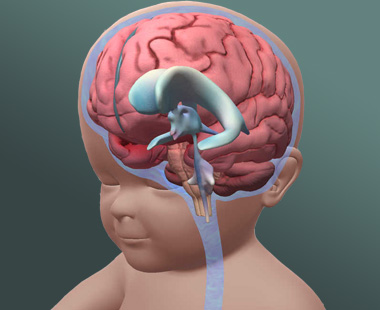
Spine tumors
- Home
- Spine tumors
A spinal tumor is a growth of cells (mass) in or surrounding the spinal cord.
There are two main types of tumors that may affect the spinal cord:
Spinal tumors may cause a variety of symptoms depending on their type, location, and rate of growth.
In general, the most common pattern of symptoms is pain at the tumor site in the neck or back, followed by neurological problems like weakness / numbness in the arms or legs or a change in normal bowel or bladder habits.
In patients already diagnosed with cancer of another area of the body, the new onset of spinal pain may indicate a spinal fracture caused by a metastatic tumor that has weakened a vertebra.
Tumors that arise inside the dura are usually benign and slow growing. Patients with these tumors may have pain for years before any neurological problems occur.
The cause of primary spinal tumors is unknown. Some primary spinal tumors occur with certain inherited gene mutations.
Intradural-Extramedullary and Intramedullary Tumors are usually surgically removed. The goal of treatment is usually to:
The spinal cord and nerves are highly sensitive and avoiding damage to these structures is a critical part of surgery. Monitoring techniques may be used throughout the surgery to determine the function of the spinal cord as the tumors are being removed. If the tumor cannot be completely removed (e.g. if it adheres to many spinal nerves), post-operative radiation therapy may improve outcome in some cases. If the tumor is metastatic, chemotherapy may also be helpful.Following the surgery, it may take some time for the nerves to fully heal. Usually rehabilitation and time significantly helps improve a patient’s neurological function.

What is head injury?A traumatic brain injury, also referred to an acquired brain injury, occurs when someone suffers a sudden…
read more
What is Brain Aneurysm?Brain aneurysm is an abnormal bulge in the brain's blood vessel. When it leaks or ruptures, it…
read more
What is a brain arteriovenous malformation ?Normally, arteries carry blood containing oxygen from the heart to the brain, and veins…
read more
What is Hydrocephalus?Hydrocephalus is commonly referred to as "water on the brain." The so-called "water" is actually cerebrospinal fluid (CSF),…
read more